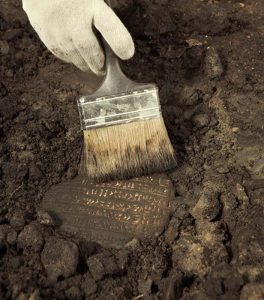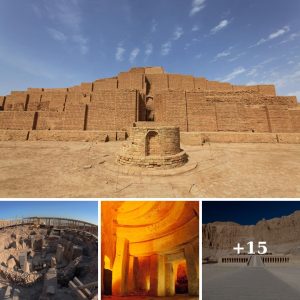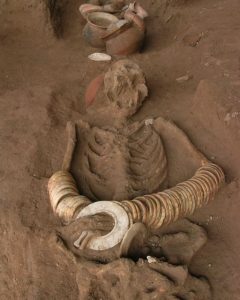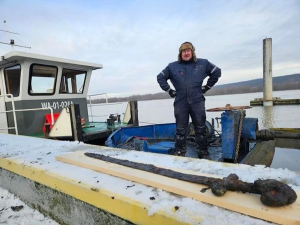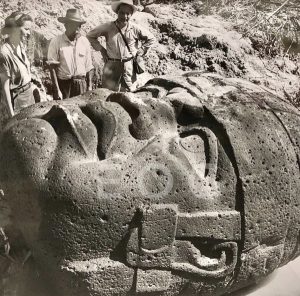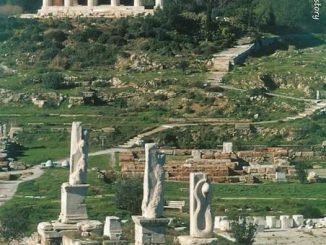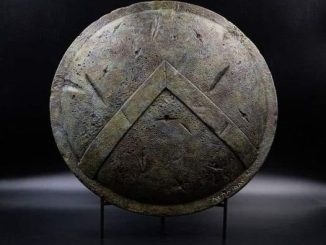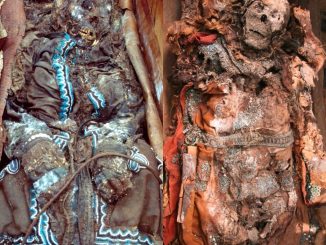The Polish Pyramids or Kuyavian Pyramids are a group of megalithic tombs that have been discovered in Wietrzychowice, Poland. Built in 4000 years BC, Polish Pyramids probably belong to the Funnelbeaker culture community, which lived on the land from the 5th to the 3rd millennium BC. They were shaped like an elongated triangle and surrounded with large stone blocks. Their base was 6 to 15 meters wide and up to 150 meters long. The structures were up to 3 meters high and as a rule, single elite burials were found under the embankments.
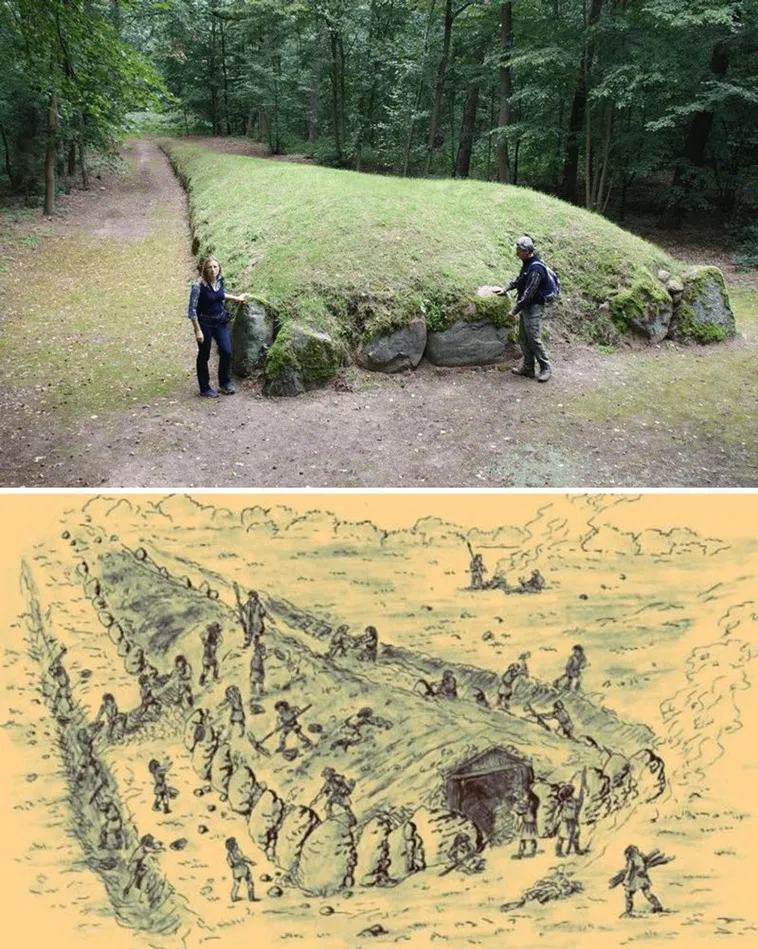
But although the tombs have been studied since the second half of the 19th century, the location of the builders’ settlements remained a mystery. The place where they are located is difficult to examine. The surface is covered by an old forest. Archaeologists used a combination of exploratory non-invasive methods such as drone and aerial surveys, geochemical, and geophysical studies to discover individual houses and larger settlement networks. Dr. Piotr Papiernik from the Archaeological and Ethnographic Museum in Łódź said to Nauki W Polsce: “We surveyed a total of 160 square kilometers area around the tombs. We discovered over 150 settlements from the period when these monumental structures were built. All this allowed us to indicate with certainty the places where people lived at the time when the megalithic tombs were erected. The villages were small – up to 10 families lived in each of them and they covered an area of 1-1.5 hectares.”
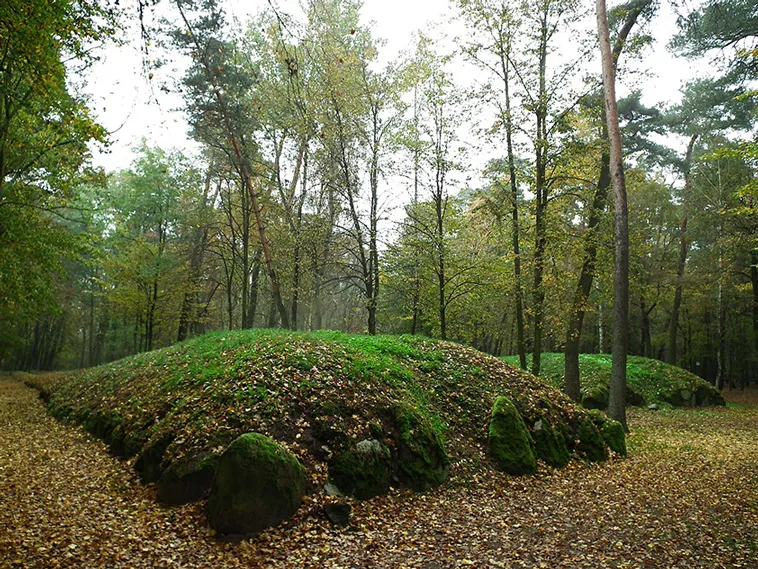
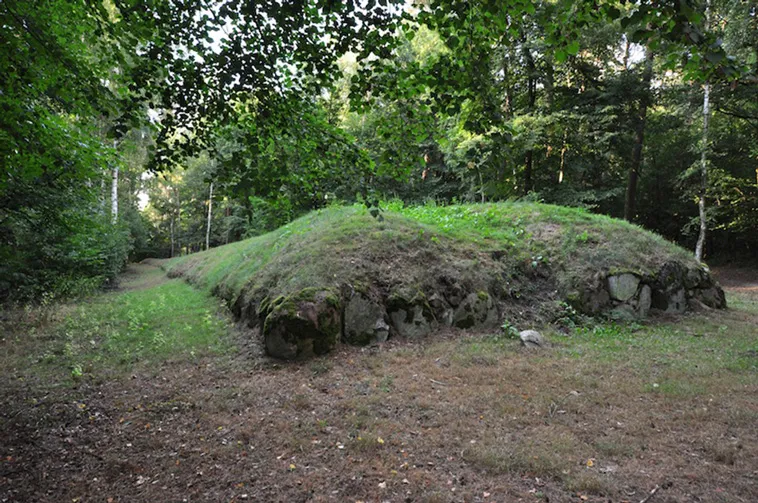
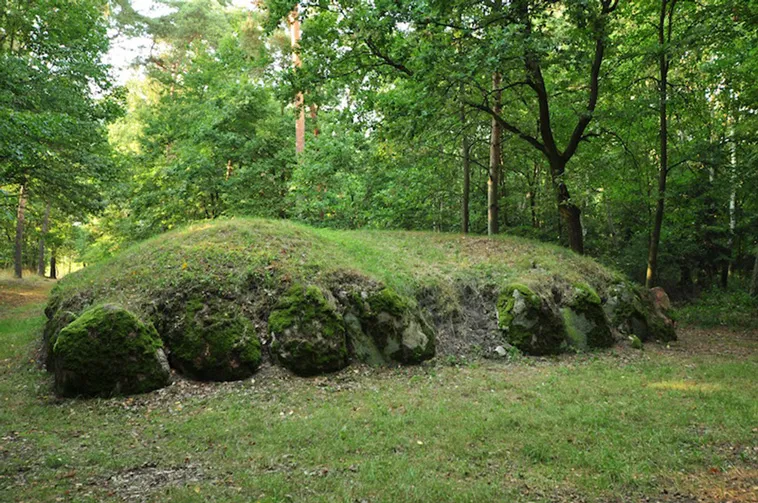
Limited excavations have discovered many animal bones from cows, pigs, sheep, and goats, giving an indication that the settlement’s inhabitants focused mainly on livestock rather than agriculture. Although the discovery of the builders’ settlements solves one mystery, however, it is still not known where ordinary people were buried in the area at the time. Papiernik said: “The elites were buried in monumental tombs, but we do not know any mass cemeteries in this area. And those tens of thousands of people, many generations of them, had to be buried somewhere. Our next goal is to locate them.”
